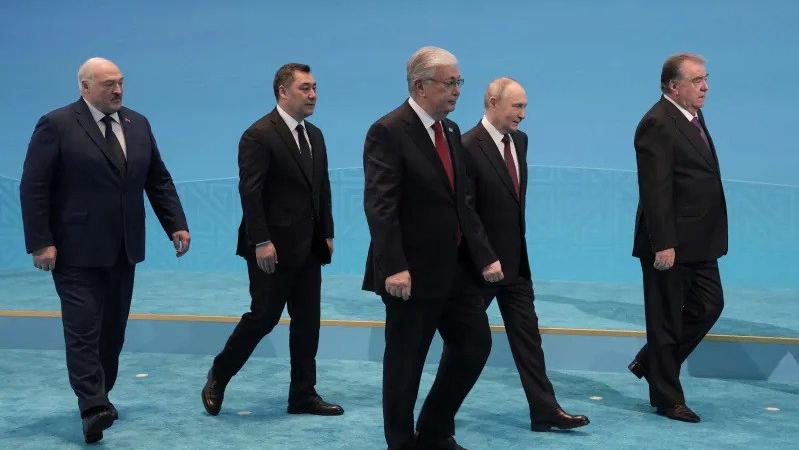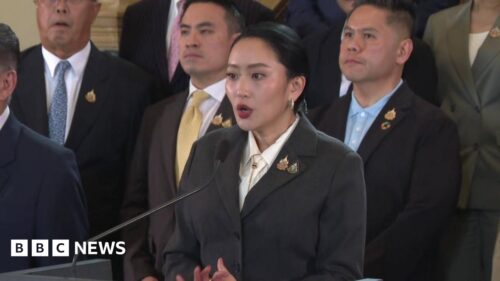
Foreign Affairs: Russia’s regional influence in post-Soviet states has proved far more resilient than many Western observers anticipated
After Russia invaded Ukraine in February 2022, many Western analysts and scholars who study post-Soviet countries expected those countries’ governments and publics to express solidarity with Ukraine and denounce Russian attempts to reclaim territory and deny Ukraine’s sovereignty. Following the collapse of the Soviet Union in 1991, the post-Soviet states have sought to consolidate their independence, forging links with the West and other regional players while remaining mindful of the need to manage their relations with Russia, Foreign Affairs writes.
As noted, Russian President Vladimir Putin, however, has since 1999 made reestablishing influence over Russia’s “near abroad” a strategic priority in his bid to justify his great-power aspirations.
“In practice, however, most of the other post-Soviet states have carefully avoided denouncing Russian aggression. Most have taken a pragmatically neutral stance instead, expressing concern about the conflict while refusing to publicly condemn Moscow, support Kyiv in U.N. votes, or join the Western sanctions regime against Russia,” reads the article.
As noted, some increases in Russian trade and investment in Central Asia extended preexisting economic networks and patterns of labor migration, but others—such as the influx of Russian information technology workers into the Caucasus and Central Asia’s facilitation of Russia’s efforts to evade Western sanctions—have been more unexpected.
According to the article, the resilience of Russia’s influence reflects the diligent work Putin has put in to establish and cultivate formal and informal regional institutions, networks, and partnerships within the former Soviet domain, often in an attempt to create counterweights to Western-backed organizations such as NATO and the European Union. These post-Soviet organizations and initiatives have vastly increased the quantity of people, goods, and even ideas flowing between Russia and its post-Soviet neighbors and created new mechanisms for alliances and common causes. They have also allowed Moscow to use regional economic agreements and supply chains to evade Western sanctions. This means that it was never going to be as easy as many Western observers anticipated to isolate Russia or to convince the post-Soviet states that they would be better off extricating themselves from Moscow’s orbit. Russia will continue to cultivate its sphere of influence in the post-Soviet space.
In Armenia, the inverse appears to be happening: although the Armenian public’s economic links with Russia continue to expand, the government of Nikol Pashinyan publicly declared in 2024 that it was not Russia’s ally in the Ukraine war. Armenia has since suspended its participation in activities by the CSTO and evicted Russian border guard troops from the Yerevan airport.
Despite this deference, Russia’s regional influence in post-Soviet states has proved far more resilient than many Western observers anticipated.


